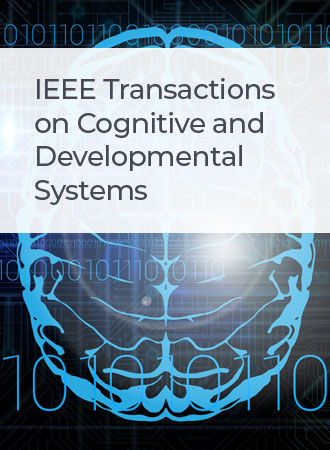利用脑电图信号的深度学习模型评估心理负荷:系统综述
IF 4.9
3区 计算机科学
Q1 COMPUTER SCIENCE, ARTIFICIAL INTELLIGENCE
IEEE Transactions on Cognitive and Developmental Systems
Pub Date : 2024-09-16
DOI:10.1109/TCDS.2024.3460750
引用次数: 0
摘要
心理工作量(MWL)评估在信息系统(is)中至关重要,影响任务性能、用户体验和系统有效性。深度学习为使用脑电图(EEG)进行MWL分类提供了有前途的技术,该技术动态且不引人注目地监测认知状态。我们的研究探讨了深度学习在基于脑电图的MWL分类中的潜力和挑战,重点关注训练输入、交叉验证方法和分类问题类型。我们确定了五种基于脑电图的MWL分类:主题内分类、跨主题分类、跨会话分类、跨任务分类以及跨任务和跨主题组合分类。成功取决于对数据集唯一性、会话和任务可变性以及工件移除的管理。尽管有潜力,但实际应用是有限的。自我报告方法、通用预处理标准和MWL评估准确性需要改进。具体来说,当数据在分割成训练集和测试集之前被洗牌时,不准确性会被夸大,从而破坏脑电图信号的时间序列。相比之下,时间序列交叉验证和离开会话方法等方法更好地保持了时间完整性,提供了更准确的模型性能评估。利用深度学习进行基于脑电图的MWL评估可以显著提高基于用户认知状态的IS功能和实时适应性。本文章由计算机程序翻译,如有差异,请以英文原文为准。
Mental Workload Assessment Using Deep Learning Models From EEG Signals: A Systematic Review
Mental workload (MWL) assessment is crucial in information systems (IS), impacting task performance, user experience, and system effectiveness. Deep learning offers promising techniques for MWL classification using electroencephalography (EEG), which monitors cognitive states dynamically and unobtrusively. Our research explores deep learning's potential and challenges in EEG-based MWL classification, focusing on training inputs, cross-validation methods, and classification problem types. We identify five types of EEG-based MWL classification: within-subject, cross subject, cross session, cross task, and combined cross task and cross subject. Success depends on managing dataset uniqueness, session and task variability, and artifact removal. Despite the potential, real-world applications are limited. Enhancements are necessary for self-reporting methods, universal preprocessing standards, and MWL assessment accuracy. Specifically, inaccuracies are inflated when data are shuffled before splitting to train and test sets, disrupting EEG signals’ temporal sequence. In contrast, methods such as the time-series cross validation and leave-session-out approach better preserve temporal integrity, offering more accurate model performance evaluations. Utilizing deep learning for EEG-based MWL assessment could significantly improve IS functionality and adaptability in real time based on user cognitive states.
求助全文
通过发布文献求助,成功后即可免费获取论文全文。
去求助
来源期刊

IEEE Transactions on Cognitive and Developmental Systems
Computer Science-Software
CiteScore
7.20
自引率
10.00%
发文量
170
期刊介绍:
The IEEE Transactions on Cognitive and Developmental Systems (TCDS) focuses on advances in the study of development and cognition in natural (humans, animals) and artificial (robots, agents) systems. It welcomes contributions from multiple related disciplines including cognitive systems, cognitive robotics, developmental and epigenetic robotics, autonomous and evolutionary robotics, social structures, multi-agent and artificial life systems, computational neuroscience, and developmental psychology. Articles on theoretical, computational, application-oriented, and experimental studies as well as reviews in these areas are considered.
 求助内容:
求助内容: 应助结果提醒方式:
应助结果提醒方式:


